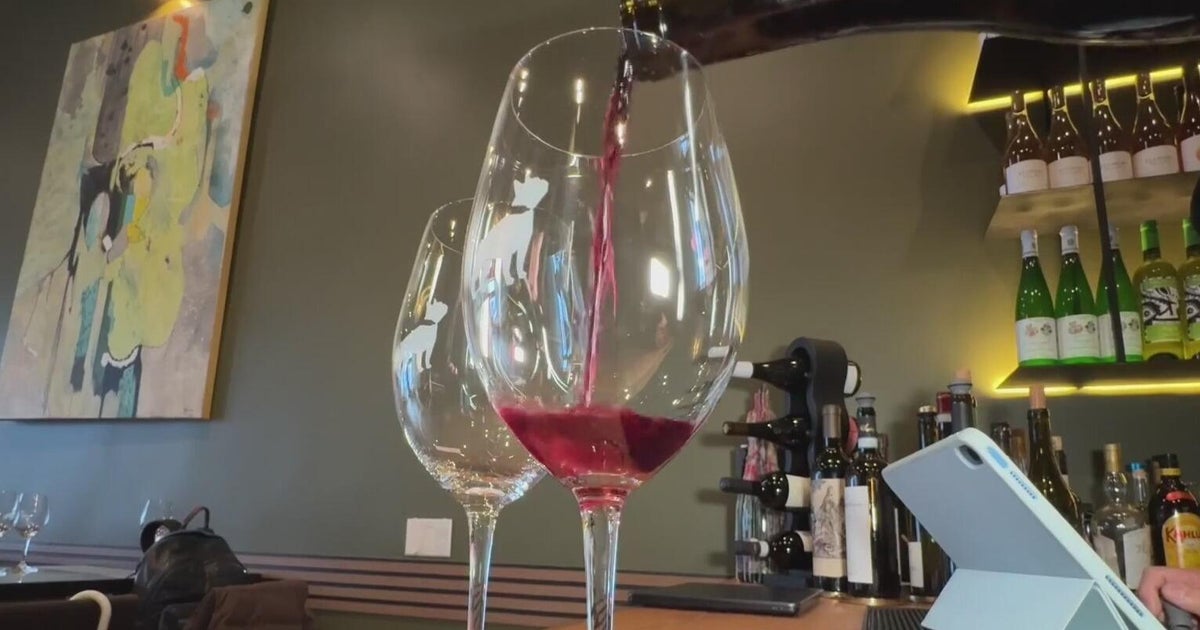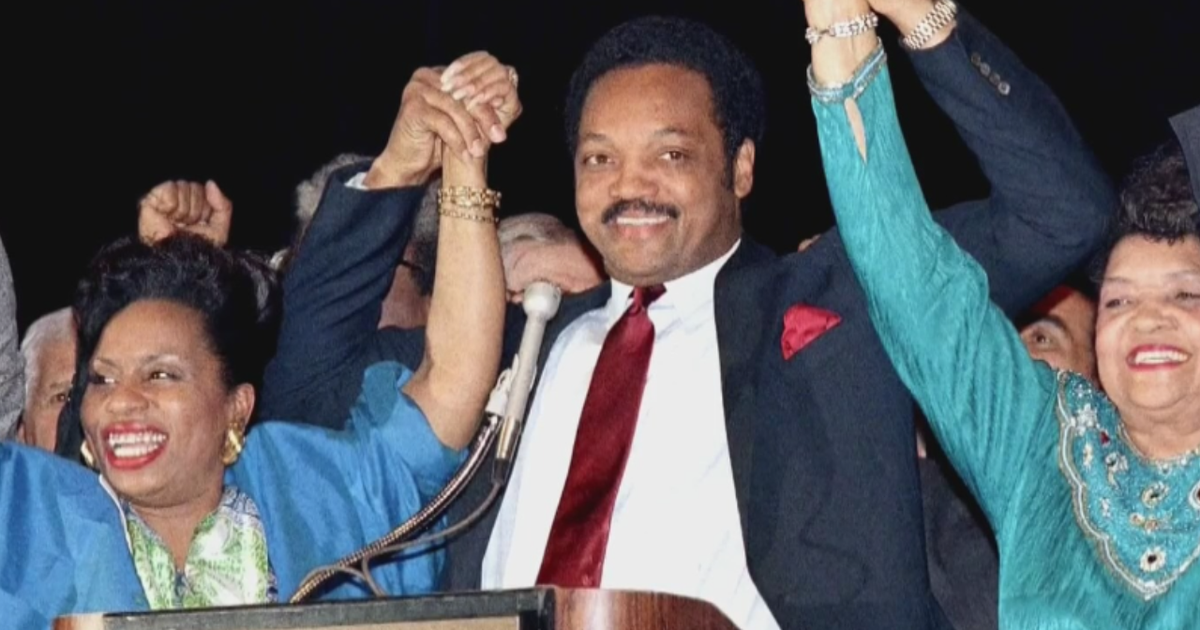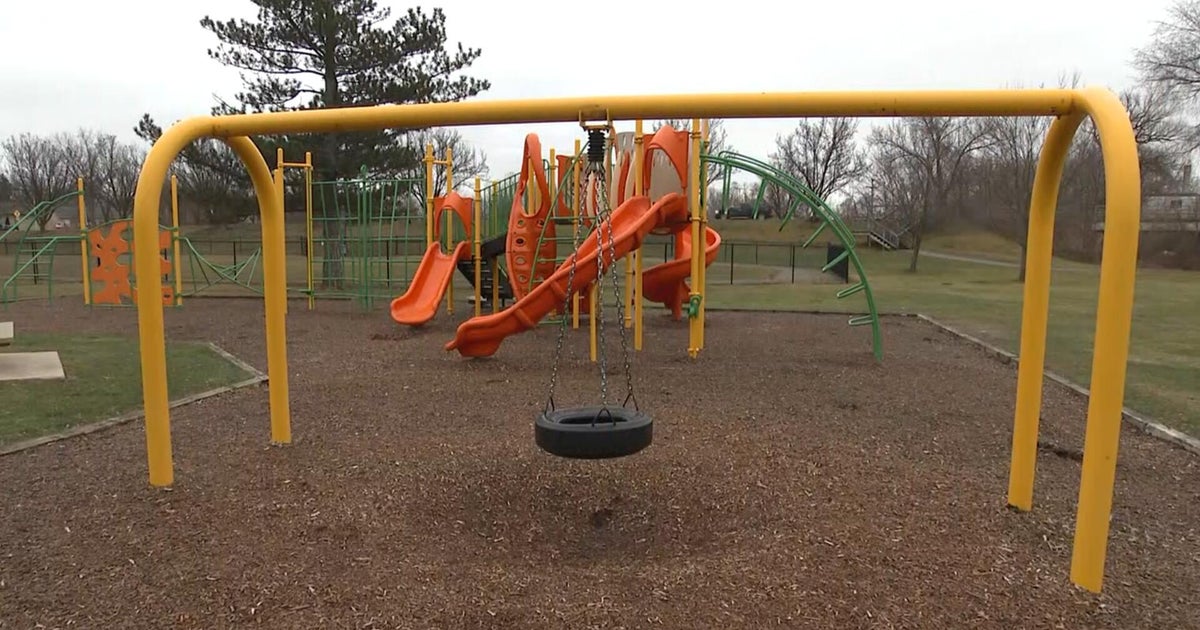Senate Gambling Bid: 'Status Quo'
Follow CBSMIAMI.COM: Facebook | Twitter
TALLAHASSEE (NSF) – With time running out, the Florida Senate showed its hand Friday with a gambling proposal that would extend for another year a deal that gives the Seminole Tribe exclusive rights to banked card games such as blackjack at most of its casinos.
Senate Regulated Industries Chairman Rob Bradley, who released the proposal, said he plans to take up the extension of the agreement --- which will expire July 31 unless the Legislature acts --- on Wednesday.
The Senate plan is a stark contrast to a sweeping gambling proposal floated by House Majority Leader Dana Young, R-Tampa. Young's proposal would essentially do away with a broader 20-year agreement with the Seminoles, called a compact, by authorizing two Las Vegas-style casinos in Broward or Miami-Dade counties and allowing pari-mutuels in Lee and Palm Beach counties to add slot machines.
"It's kind of unexpected, given that I know we both have been having conversations with the tribe," Young said Friday of Bradley's plan.
Talks between the Legislature and the tribe --- which has expressed interest in obtaining the ability to offer craps and roulette --- only began in earnest within the past few weeks, Bradley said.
"This decision is a reflection of a distance between where the parties want to be and would allow us to close that gap in a short period of time," Bradley, R-Fleming Island, said. "I think this is the prudent thing to do for the people of Florida at this point in time. It allows us to continue with the status quo until we get a deal that makes sense for the state of Florida and makes sense for the tribe.
Bradley's plan came four weeks before the legislative session is scheduled to end May 1. And, with the House and Senate deadlocked over a $5 billion health-care budget disagreement, the gambling-deal extension could provide lawmakers a far easier --- and more palatable --- option than Young's massive overhaul.
After a House committee held a workshop on her proposal last week, Young said she was uncertain whether the traditionally gambling-leery House would even give her measure (HB 1233) a vote.
But on Friday, Young said she hoped her bill would be taken up by the House Regulatory Affairs Committee next week, creating another possible showdown between the two chambers over the competing gambling plans.
"This was an unexpected change of events. But I am certainly willing to keep an open mind and look forward to talking with Sen. Bradley and his Senate colleagues on why they believe this is in the best interest of Florida," she said.
Under the current agreement, the Seminoles agreed to pay the state a minimum of $1 billion over five years in exchange for exclusive rights to banked card games at five of its seven facilities throughout the state. The tribe's payments to the state, which also take into account revenue from games such as slot machines, have thus far exceeded the minimum and are expected to increase under a complicated revenue-sharing formula inked in 2010.
While the House and Senate remain at odds over Young's approach, Bradley's plan will "make sure the issue is not left on the cutting room floor," said Senate Majority Leader Bill Galvano, who played a major role in crafting the 2010 agreement with the tribe.
Gov. Rick Scott attempted to strike a deal with the tribe last year, but the talks blew up in the final days of the legislative session. This year, Scott has left negotiations up to lawmakers, who must authorize any agreement between the state and the tribe.
Unlike Scott's failed plan that would have allowed the tribe to expand the types of games they offer, Bradley's measure (SPB 7088) would simply extend the banked card games portion of the deal for another year. Because next year's session begins earlier than usual, in January instead of March, the Legislature would be able to quickly address the issue without letting the state's share of money from the card games --- at least $116 million a year --- evaporate.
The Seminoles, who have launched a major publicity campaign --- including four statewide television ads --- to urge the Legislature to re-up the banked card games, are aware of Bradley's proposal but did not play a role in the Senate's choice to consider a one-year extension, tribe spokesman Gary Bitner said.
"The tribe is just learning of the plan and is considering it," Bitner said.
Extending the five-year agreement for another year also would avoid potentially costly and drawn-out litigation with the tribe, whose lawyers have raised questions about whether the Seminoles would have to discontinue the card games after July 31 if no deal is reached.
"The measure is a reminder to the tribe that their ability to maintain banked card games at their facilities exists at the pleasure of the Legislature," Galvano, R-Bradenton, said.
The News Service of Florida's Dara Kam contributed to this report.







